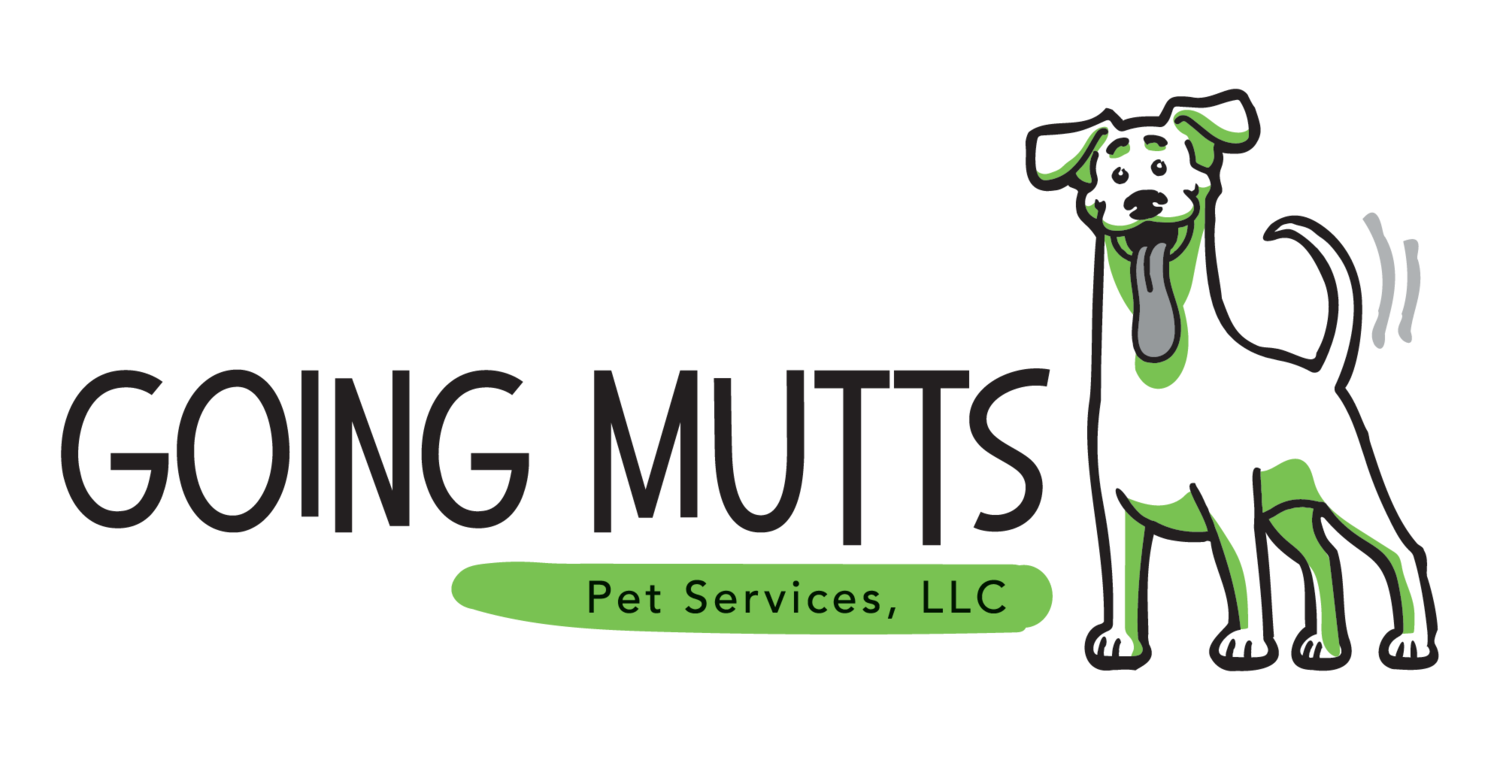Doggie Dental Tips For Healthy Teeth and Gums
“Dental disease is only a problem in older pets.”
NOT TRUE. More than 70% of pets show some sort of periodontal disease by the age of 3.
“Bad breath is normal for my dog.”
NOT TRUE. Bad breath is one of many signs that your dog could have dental disease.
“Dental health has no effect on my dog’s overall health.”
NOT TRUE. Bacteria from dental infections can enter your dog’s bloodstream.
Exercise and fresh air are great aspects of keeping your dog healthy, but pet parents need to be aware of their dog's dental health. Periodontal disease can actually cause some serious health issues for our canine friends if ignored and left untreated. Many owners can overlook the importance of oral hygiene when it comes to keeping our dogs healthy, which is why February has been deemed National Pet Dental Health Month. If you’re wondering where to start with your dog’s dental health, check out our 5 doggie dental tips for improving their teeth and gums.
Doggie Dental Tip #1: Brush your dog’s teeth. Brushing is a great way to help prevent plaque buildup and it’s just like brushing your own teeth, but with a different approach. The more you brush the better, but try to aim for about two to three times weekly and don’t get too discouraged in the beginning if your dog isn’t too fond of it at first. You’ll want to brush the outside of the canines and back teeth as your first priority. It could take a couple of days for them to get used to it and for you to get their whole mouth, so working in sections or a little at a time is a great game plan. You can follow this simple procedure for brushing your dog’s teeth:
Gently lift your dog’s upper lip.
Angle the toothbrush’s bristles until they touch the gum line.
Place the brush head at a 45-degree angle against the teeth.
Brush in small circles from top to bottom.
Doggie Dental Tip #2: Developing a regular cleaning routine can help keep everyone on track. Consistency is key! The better you are at keeping a regular routine, the easier it will be for your dog and you’re more than likely to see a positive response to brushing their teeth if it’s a common occurrence. Remember, once a day brushing is ideal but aim for at least two to three times weekly.
Doggie Dental Tip #3: Dental health treats can help with fighting plaque and tartar buildup. Dental health treats are a great addition to your dog’s dental routine and should not be put in place of brushing their teeth. They are specially formulated to reduce plaque-causing bacteria, which is activated by your dog’s crunching and chewing. When buying dental health treats, be mindful of the label and product information before buying anything. Look for treats that are endorsed and approved by the Veterinary Oral Health Council (VOHC for short) because they only endorse treats that have been proven to help your pet’s teeth and gums.
Doggie Dental Tip #4: Water additives are an easy way to help keep your dog’s teeth clean and healthy. These additives, which are considered an oral rinse for dog’s, can be added directly to their drinking water where the rinse will work to reduce plaque buildup, freshen breath and help keep their teeth strong. With regular use of these water additives, they can go a long way toward keeping your dog’s teeth sparkling clean on top of brushing! These oral solutions are tasteless, but you should always consult with your vet before adding any new product to your dog’s diet.
Doggie Dental Tip #5: Know what the signs of periodontal disease look like so you can be proactive in their oral health. Healthy gums for your dog should be pink and should show no signs of swelling. Healthy teeth should be white and free of plaque or any brownish tartar. It’s important for pet owners to know and understand the difference between a healthy mouth and one that has dental disease. If your dog has any of these signs, talking to your vet is a great place to start:
Discolored teeth
Swollen or irritated gums
Pawing at the mouth
Drooling
Bad breath
Bleeding from the mouth
Taking longer to finish meals
Starting a dental routine early with your dog is one way to get them used to teeth brushing, but it’s never too late to start. Just like with all good things, it will take some time and patience before your dog will start to accept and get used to you cleaning their mouth. Remember that human toothpaste is never a good idea for your dog and to always consult with your vet for personal advice with your dog’s dental health if you have concerns.
To keep your dog working on their fitness all around, adding a daily dog walker can help get their energy out while giving them some fresh air and getting their paws on the pavement! So while you take care of their dental health, Going Mutts Pet Services can help with their physical fitness and mental stimulation. We would love to be your local dog walker, so contact us today to see how we can help with all of your pet care needs.
Sources:
https://healthysmiles.pet/blog/tips-to-improve-your-dogs-dental-health
https://www.purina.com/articles/dog/health/dental/dog-dental-health
https://beyondpets.com/pet_health/pet-dental-care-tips-for-your-dog/

